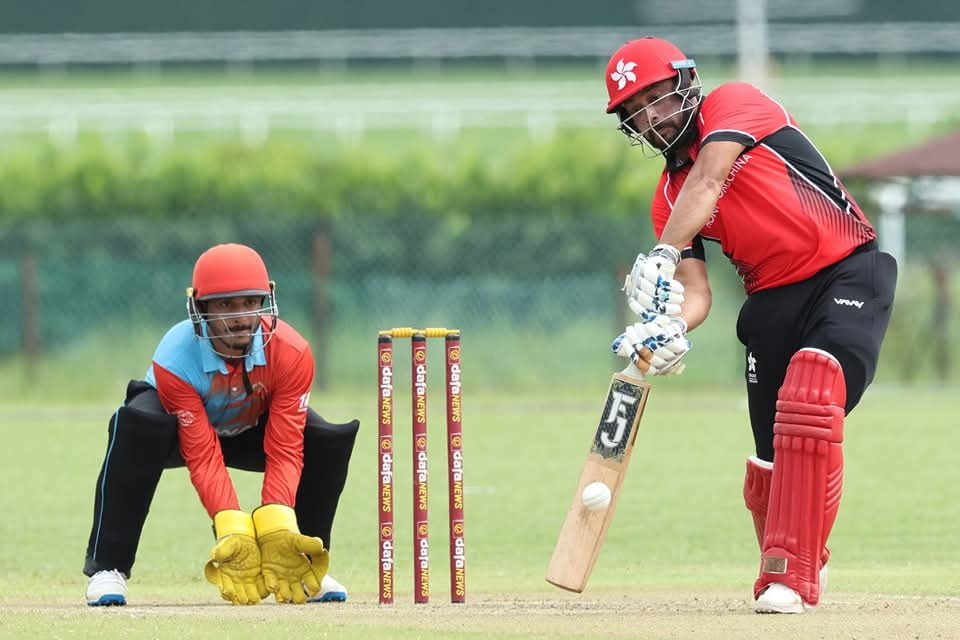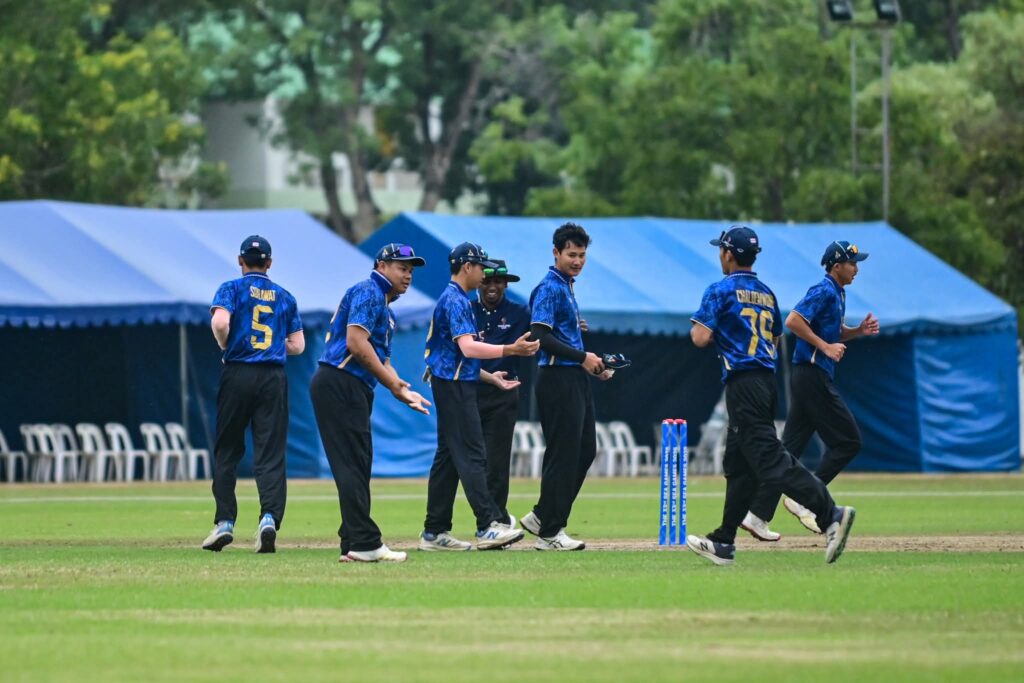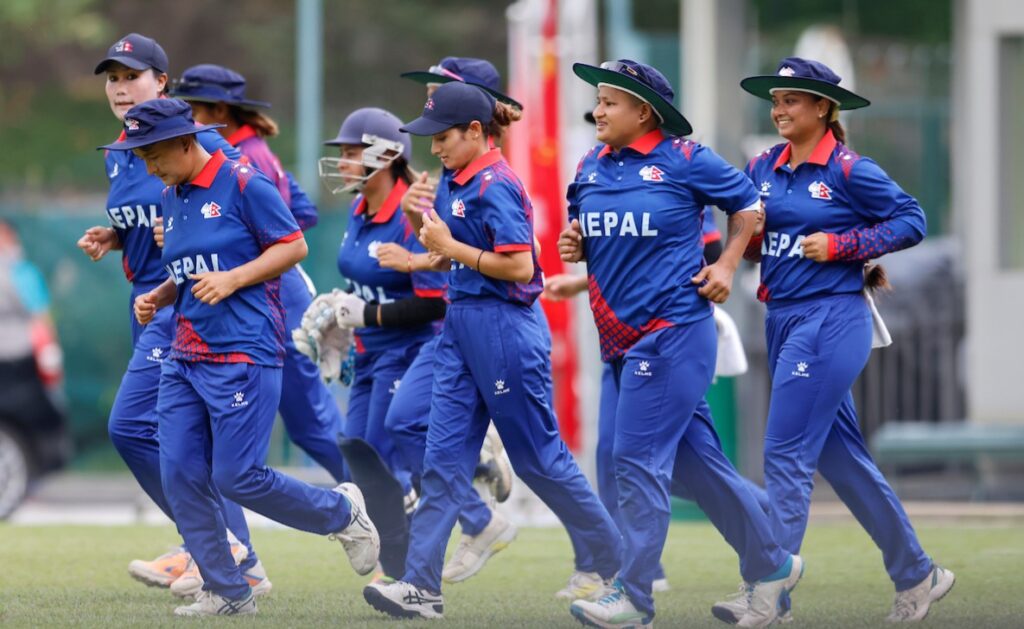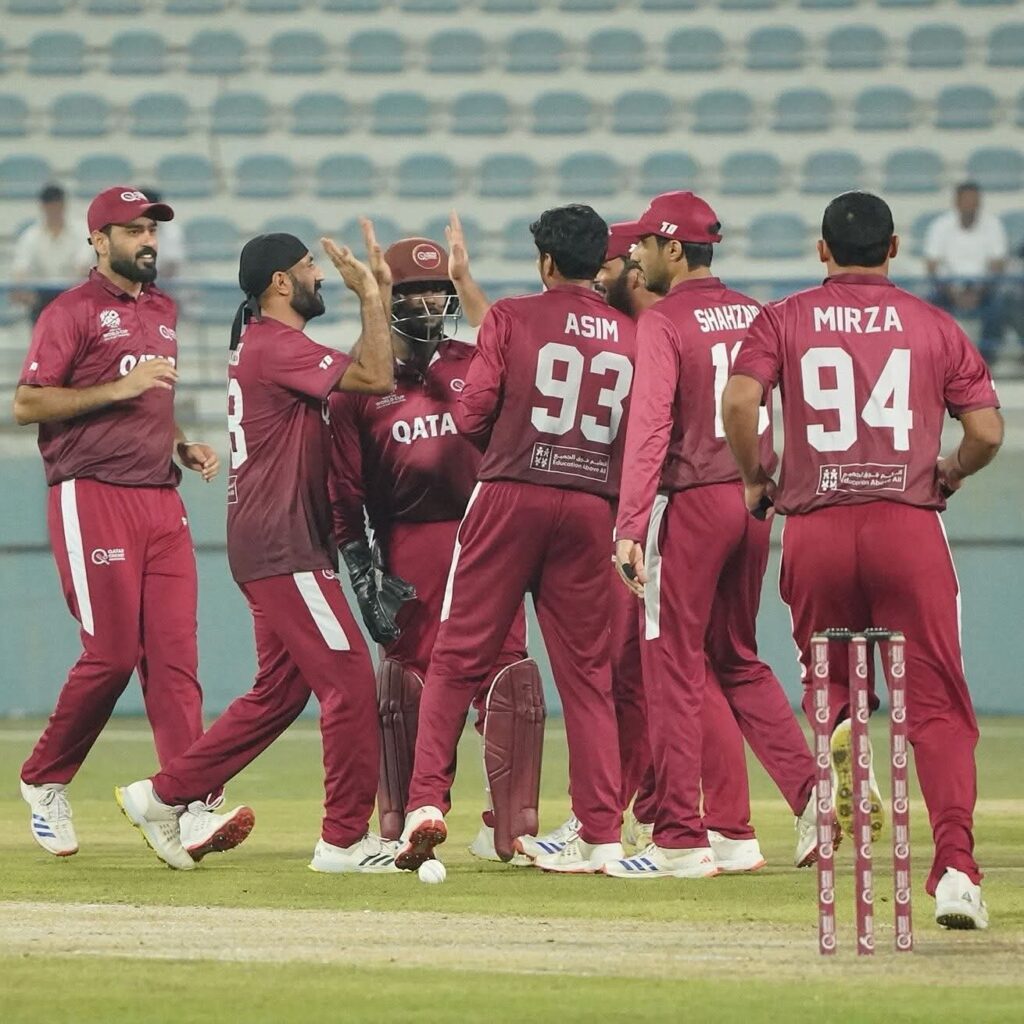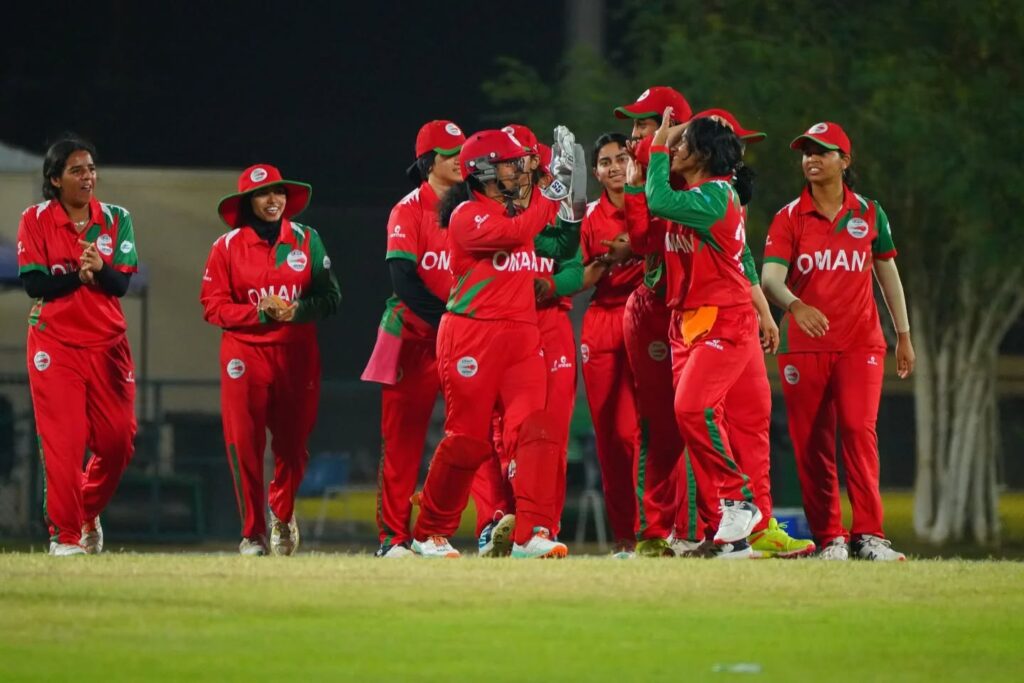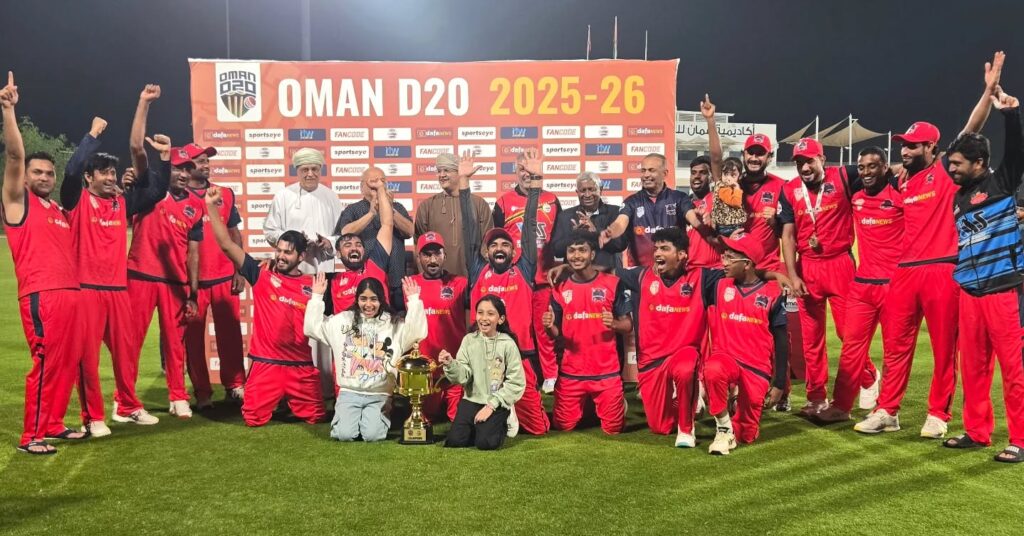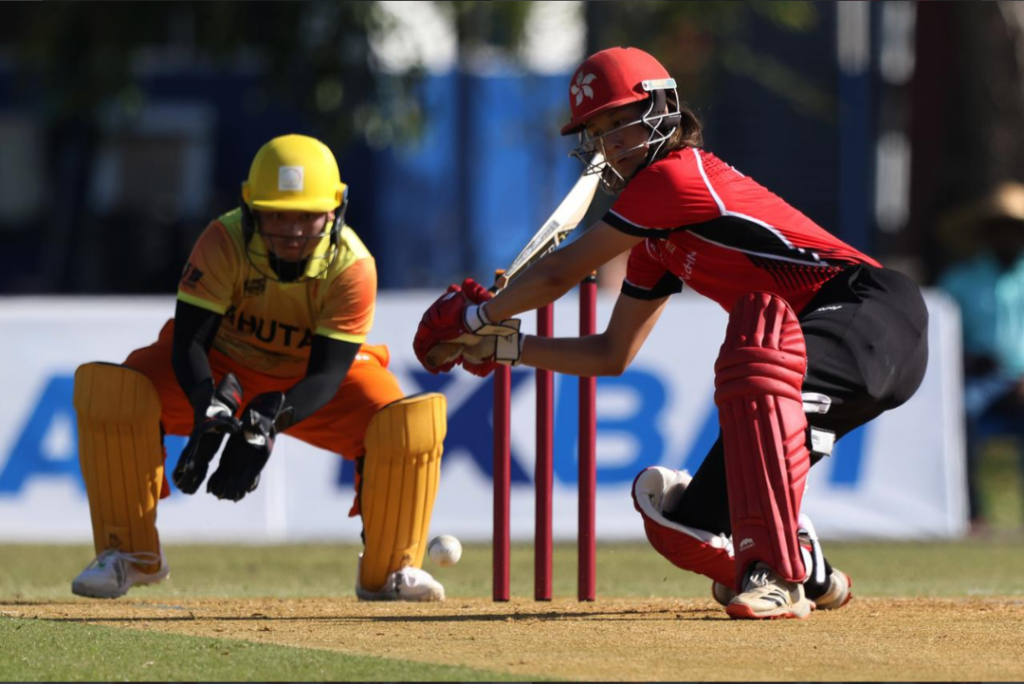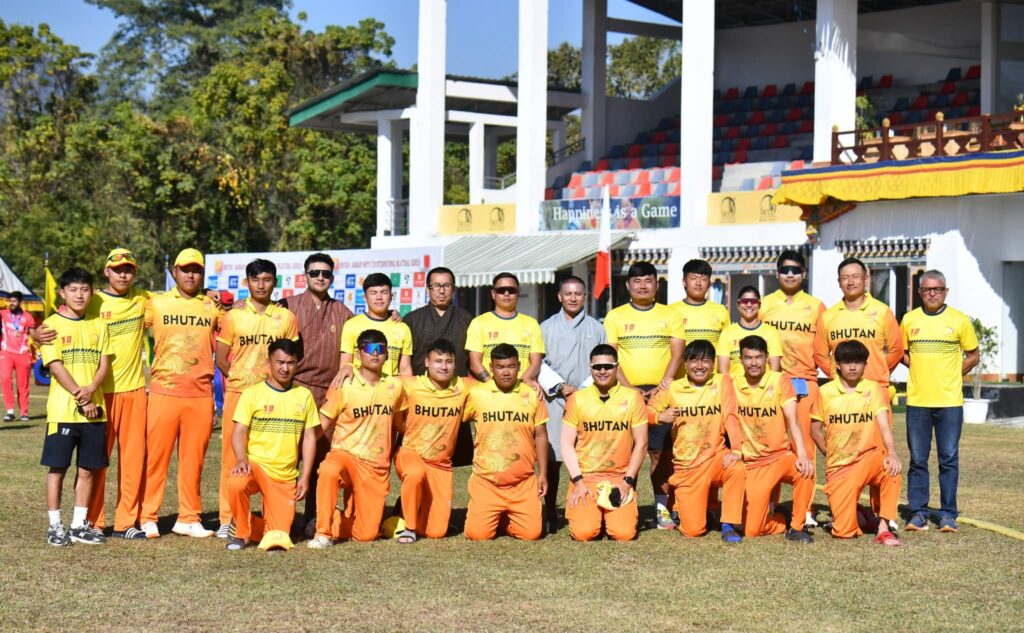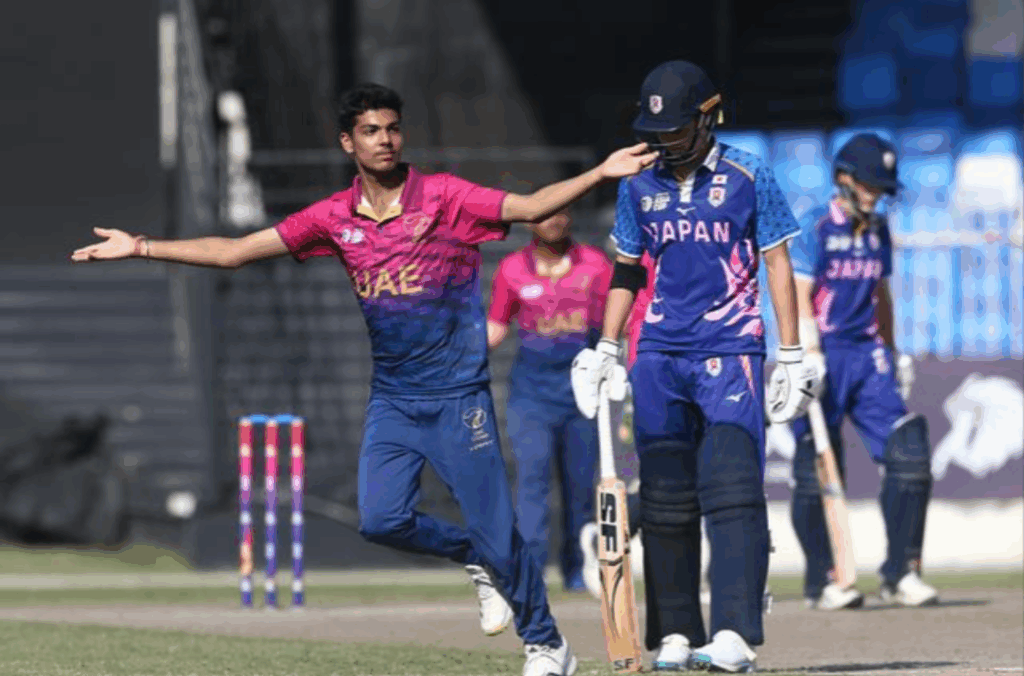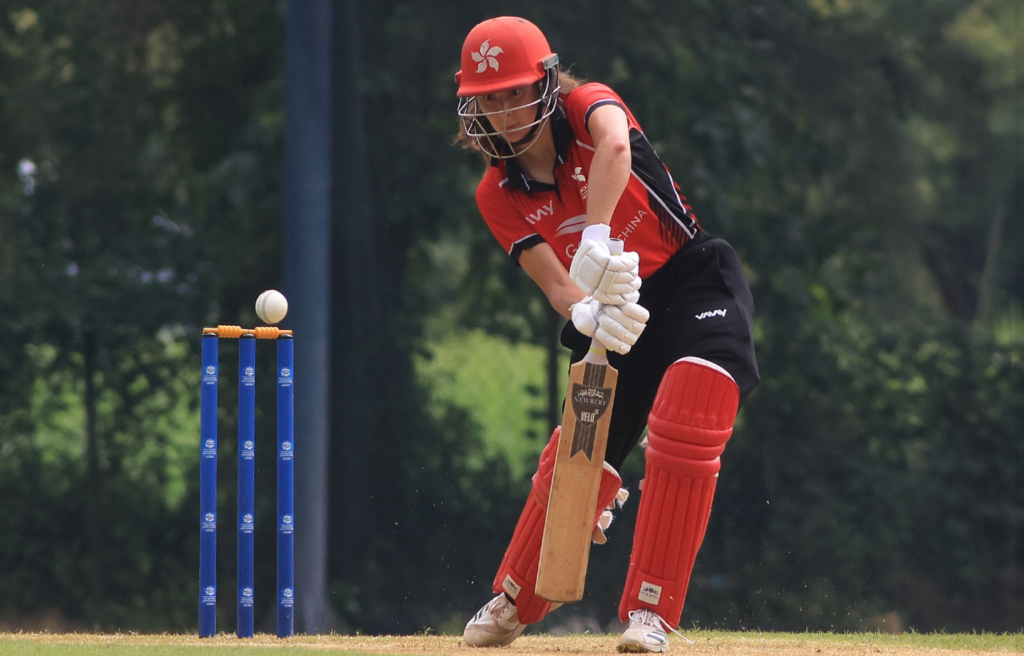ICC’s flagship First-class status competition for Associate countries used to provide the opportunity for Associate players to play red-ball cricket as opposed to the regular white-ball cricket, that their players are mostly content with playing throughout the year. But the absence of the competition since the completion of the previous edition in 2017 has not only robbed the Associates of quality longer-format action, but also for the world to take notice of players from the Associate member countries, who could have records for themselves and the country in first-class format.
It has always been a no-brainer when any young cricketer across the world is asked about their first ambition in terms of format, and the answer would be to play Test cricket for their country in front of their supporters. Even if the attendance was not up to the mark for first-class matches played during the earlier editions of the I-Cup, the issue could have been bettered a bit via live streaming of the games in today’s times.
After Afghanistan and Ireland moved to full member status and took their exit from the Intercontinental Cup, ICC had to look down on the cost measures for sustaining the tournament for a longer period, cause after they updated that a country can become a full member without having to acquire Test match playing status, most of the Cricket Boards found that running the tournament on a revenue-sharing basis (as suggested by ICC if the tournament takes place) wasn’t a profitable venture in the near future.
So, what about the likes of players from Scotland, Netherlands, Nepal, UAE and others, who have aspirations of playing the longer-format of the game. The current scenario is not in favor of having a tournament like I-Cup due to cost factors and not having an immediate impact of seeing an Associate member gain Test match playing status. However, as reported by Tristan Lavalette, there have been talks of reviving the tournament due to the funding available from ICC’s commercial media rights sales for the next 4 years and might include the currently non-playing WTC (World Test Championship) members Ireland, Afghanistan, Zimbabwe and some of the top Associate members.
The last first-class match involving an Associate member country was when Nepal hosted Marylebone Cricket Club (MCC) in a three-day game during the club’s visit to Nepal in 2019, as part of their 3-year development strategy for the sport in the country. Namibia, who earlier used to take part in South Africa’s provincial first-class tournament have also decided couple of years back to not take part in it due to financial aspects.
Few national squad players from Scotland and Netherlands get to play first-class cricket due to their contracts with some of England’s domestic county clubs. However, with no International first-class matches happening, only few players get the chance to play. An option would be to explore the idea with Cricket Ireland to have some players take part in the Inter-provincial series (also a doubt when that happens), but with Ireland themselves trying to make the competition more competitive to have a stronger group of players to form the national squad for Test cricket, it would take some time for something like that to happen.
T20 and ODI cricket remains the priority for Associate member countries at the moment, and the chance to see their players in the traditional whites may not come any sooner, if the revenue-sharing basis concept is not altered to provide some relaxation for the Associate cricket boards in terms of expense for hosting first-class matches.

